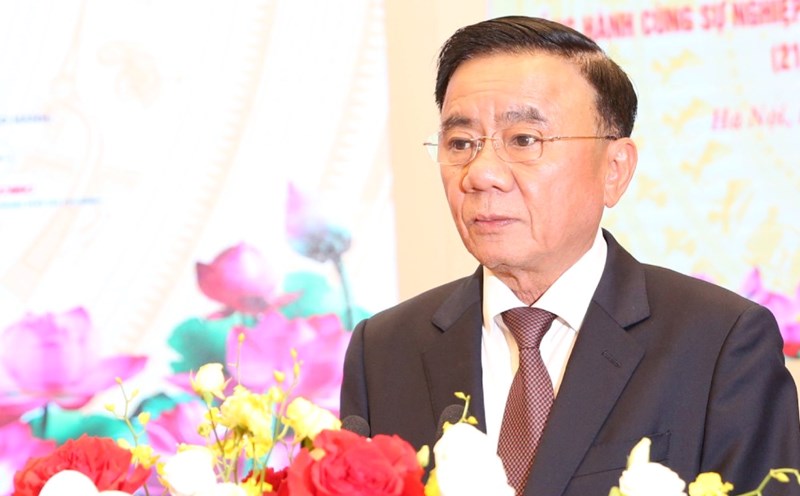According to Fars news agency, the plan was revealed in a report providing details of a $40 billion deal between Iran's National Oil and Gas Company (NIOC) and Russian oil and gas giant Gazprom signed in July.
Iran's oil ministry also said it will receive 6 million cubic meters of gas per day from Russia under a swap deal. The gas will then be exported to other countries from southern Iran as liquefied natural gas (LNG).
The deal also includes the development of Iran's Kish and North Pars gas fields, as well as six oil fields, increased pressure at Nam Pars gas fields, completed LNG projects, gas and oil products exchanges, and completed gas pipelines from Iran to Pakistan and to Oman.
However, new data shows that Iran will use a gas supply of 15 million cubic meters per day from Russia to strengthen its domestic supply network in densely populated northwestern areas, while it can export increased natural gas to Turkey and Iraq via pipelines in the country's west.
Iran has a gas exchange agreement with Turkmenistan and Azerbaijan, under which the country consumes gas received from Turkmenistan in its northeastern regions and supplies the same amount of gas to Azerbaijan.
Last month, OilPrice said that Russia and Iran have taken serious steps to form an OPEC-style alliance on gas, allowing the two countries to coordinate an "unusually" reserve ratio, as well as control prices.
It ranks first and second respectively among the countries with the largest gas reserves in the world Russia with 48 trillion cubic meters and Iran with nearly 34 trillion cubic meters two countries in an ideal position to do so, the report said.
The article describes the $40 billion memorandum of understanding (MoU) signed last month between Russia's Gazprom and the National Iranian Oil Company (NIOC) as "a stepping stone to allow Russia and Iran to implement a long-term plan to become core participants in the global alliance for gas suppliers like the Organization of the Petroleum Exporting Countries (OPEC) for oil suppliers".
President of the Union of Exporters of Iranian Oil, Gas and Chemical Products Hamid Hosseini said after the memorandum of understanding was signed: Now, Russia has come to the conclusion that the world's gas consumption will increase, the trend of LNG consumption has increased and it alone cannot meet world demand. Therefore, there is no room for gas competition between Russia and Iran.
According to OilPrice, the world's largest LNG supplier, Qatar - the country with the third largest gas reserves of 24 trillion cubic meters - could be a leading candidate to join the Russia-Iran gas alliance.
Russia, Iran and Qatar account for nearly 60% of the world's gas reserves. The three countries are the core founders of the Gulf Exporting Countries Forum (GECF), with 11 members controlling more than 71% of global gas reserves, 44, market output, 53% of gas pipelines and 57% of LNG exports - OilPrice added.






